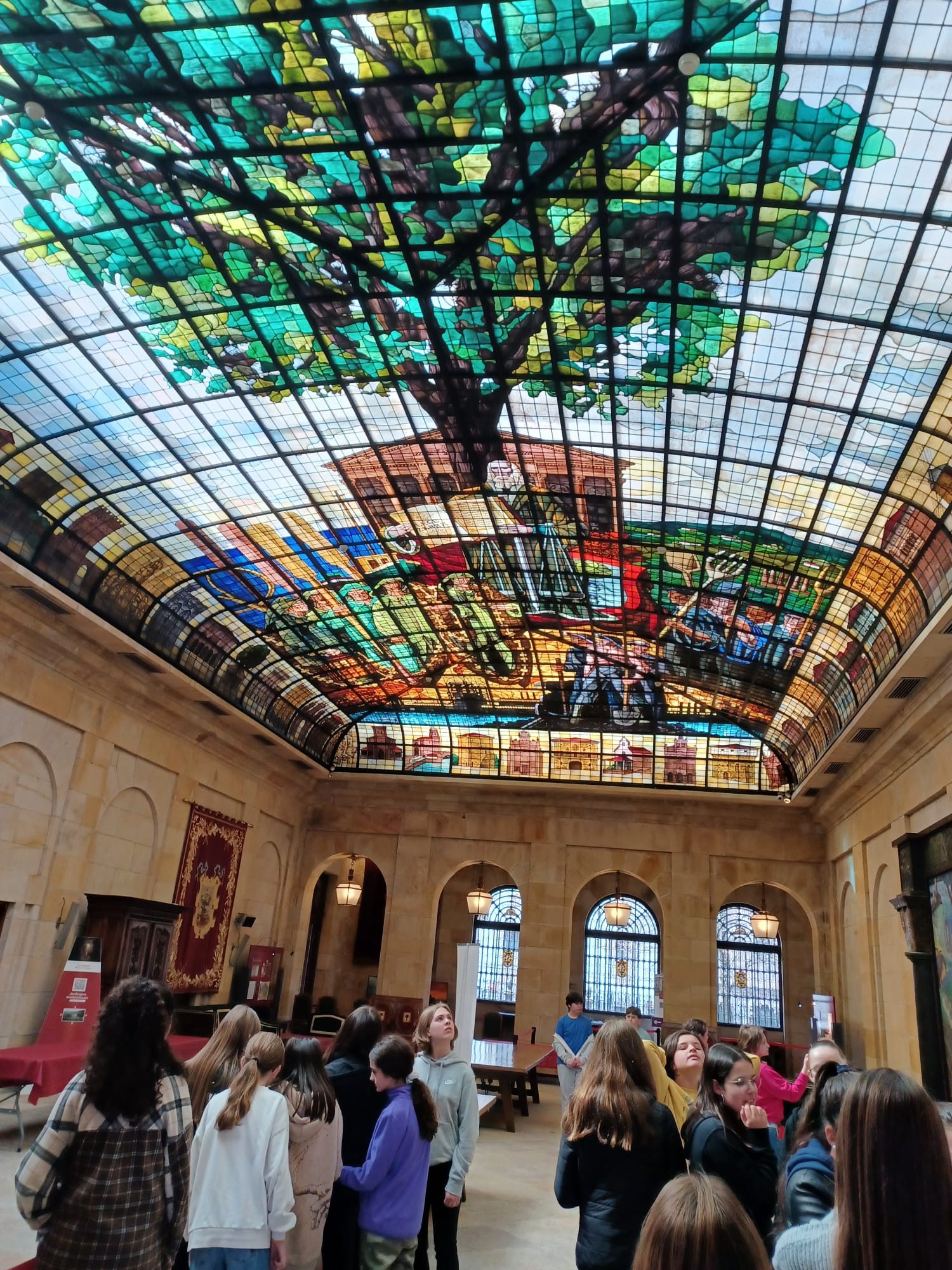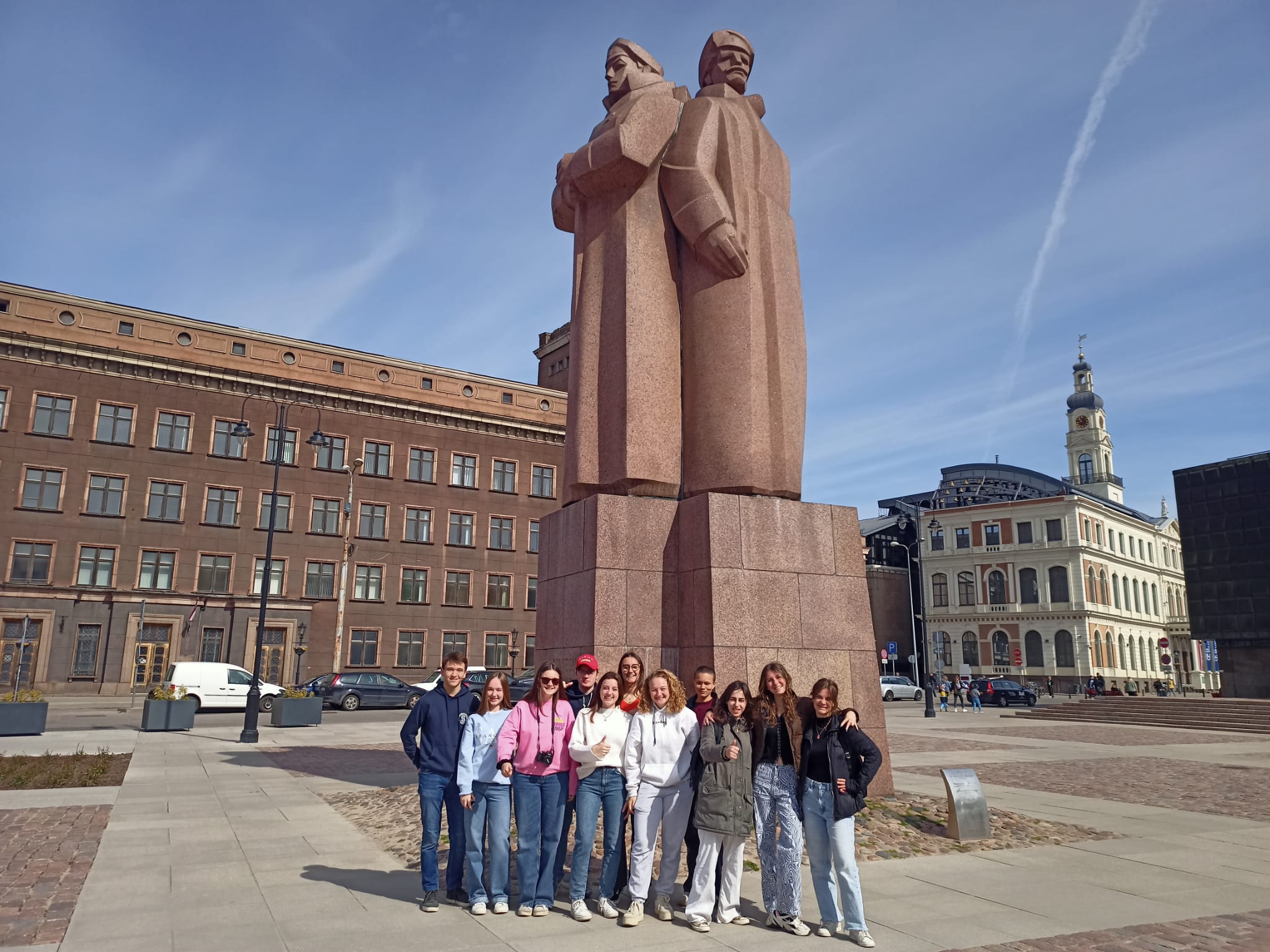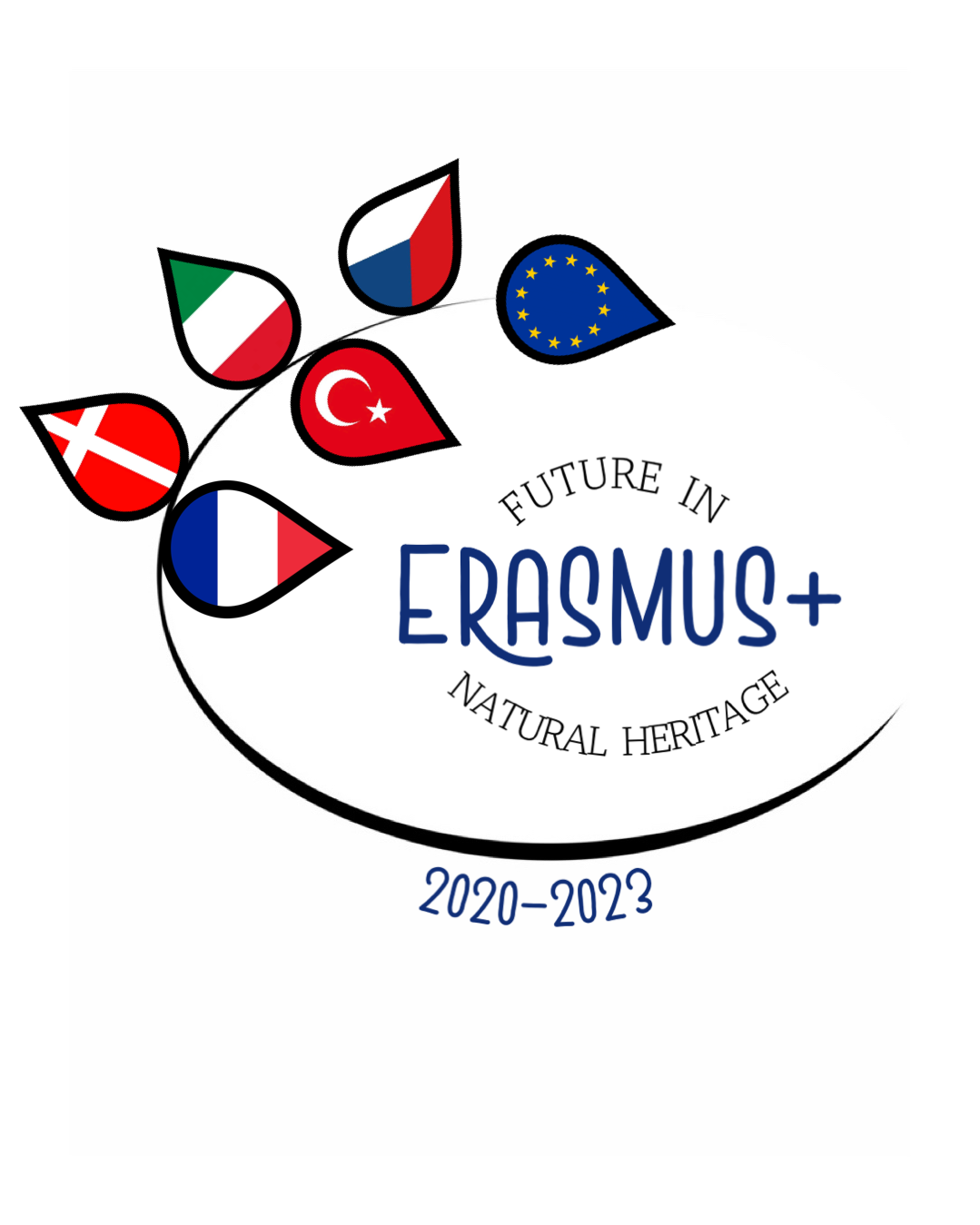
Accréditation Erasmus
 Notre Institution est accréditée depuis le mois de mars 2023. En bénéficiant de cet outil mis à la disposition des organisations actives dans les domaines de l'enseignement et de la formation, notre établissement propose à ses élèves mais aussi à l'ensemble de son personnel de participer à des mobilités individuellesou collectives à des fins d'observation ou d'apprentissage.
Notre Institution est accréditée depuis le mois de mars 2023. En bénéficiant de cet outil mis à la disposition des organisations actives dans les domaines de l'enseignement et de la formation, notre établissement propose à ses élèves mais aussi à l'ensemble de son personnel de participer à des mobilités individuellesou collectives à des fins d'observation ou d'apprentissage.
Les échanges mis en place avec les pays membres de l'Union Européenne ont pour objectifs majeurs de prôner l'immersion linguistique de nos élèves, de les ouvrir à des cultures, des systèmes éducatifs et pédagogiques différents, d'enrichir leur découverte du patrimoine européen et de lier des liens durables avec des homologues de toute nationalité.
Il est par ailleurs nécessaire de souligner que chaque échange mis en place découle sur un travail collectif reposant sur des cours et des activités en lien avec une thématique partagée.
Fort de cette Accréditation, notre Institution, grâce aux subventions de l'Europe, peut proposer aux familles qui nous confient leurs enfants des échanges ayant un coût moindre, diminuant ainsi les inégalités qui peuvent parfois subvenir et promouvant l'inclusion de chacun.
A ce jour, trois échanges ont déjà eu lieu avec Diest en Belgique, Vittoria-Gasteiz en Espagne, Ventspils en Lettonie (voir les présentations ci-après) et deux nouvelles destinations vont faire leur apparition dans les semaines à venir : Stockholm en Suède et Tamsweg en Autriche.
Participer à de tels programmes est une véritable chance pour nos élèves en leur permettant de s'ouvrir encore davantage au monde qui les entoure et un atout indéniable dans la poursuitede leurs études. En effet, un tel engagement se trouve valorisé dans Parcours Sup et par beaucoup de grandes écoles après le baccalauréat.
« Enriching lives, opening minds »

